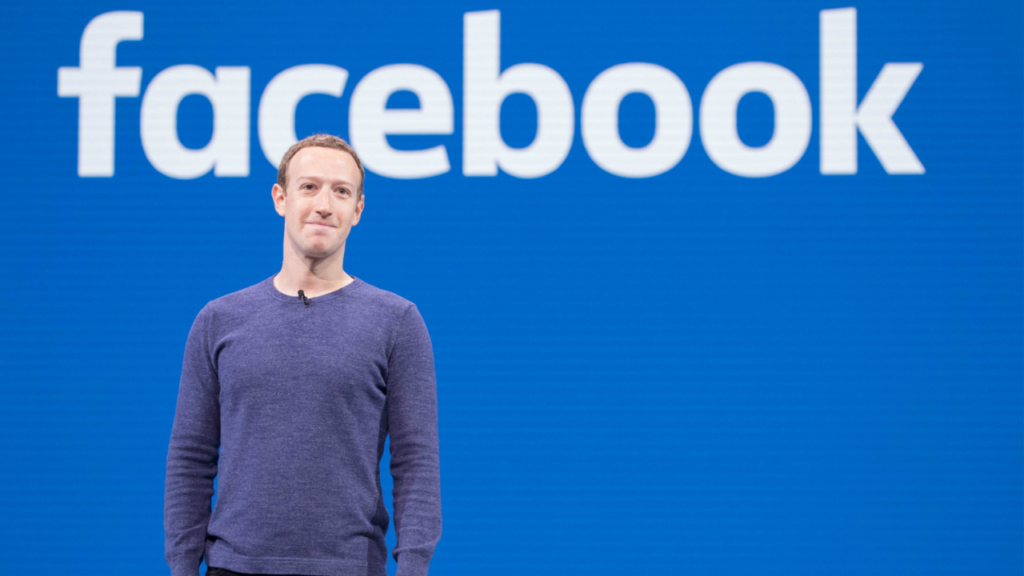In an effort to promote responsible AI development, the European Commission secured over 100 tech companies’ signatures on the EU Artificial Intelligence Pact—a set of voluntary pledges designed to ensure AI is created and deployed safely. However, two industry giants, Apple and Meta, have noticeably refrained from participating. While Meta has offered an explanation, Apple has remained silent, leaving industry observers questioning their stance on AI governance.
What is the EU AI Pact?
The EU AI Pact serves as a voluntary agreement that encourages companies to make responsible pledges regarding their AI technologies. The pact highlights three main objectives:
- Developing a governance strategy to align with the forthcoming AI Act
- Identifying potential “high-risk” AI systems
- Promoting AI literacy and ethical practices among employees
These goals aim to ensure companies adopt proactive approaches in making AI safe and beneficial. Participants are also encouraged to take additional steps, such as introducing human oversight and labeling AI-generated content, including deepfakes. Over half of the signees have committed to these extra measures, showing a strong push toward transparency and accountability.
Apple’s Silence
While companies like Google, Microsoft, and IBM have embraced the EU AI Pact, Apple has so far stayed on the sidelines. The company hasn’t provided a reason for its absence, but its AI development strategy offers some insights. Known for its careful and deliberate approach to innovation, Apple’s AI efforts have been slower compared to its competitors. However, the tech giant has been gearing up to release AI enhancements across its ecosystem, including Apple Intelligence in iOS 18, iPadOS 18, and macOS Sequoia.
Apple has already taken certain safety precautions with its AI, focusing on minimizing hallucinations in AI responses and prioritizing user privacy. Its AI processing, for example, is performed on secure servers with encryption, and Apple has signed up for an executive order in the U.S. addressing AI safety. Despite not signing the EU AI Pact, Apple may reconsider in the future, especially once its ongoing disputes with the EU over the Digital Markets Act (DMA) are resolved.
Meta’s Position
Unlike Apple, Meta has addressed its absence from the EU AI Pact. The company told Politico that it hasn’t ruled out joining at a later stage, noting that its current focus is on meeting the regulatory demands of the AI Act. Meta emphasized that AI has significant potential to drive innovation within the European Union, cautioning that over-regulation could stifle opportunities.
Meta’s perspective acknowledges the growing tension between fostering innovation and managing risks. The company’s remarks about harmonizing EU rules and AI safety underline its careful approach to balancing compliance with creativity in the AI sector.
Tech Giants Support the EU AI Pact, but the Outliers Stand Out
While Apple and Meta’s lack of involvement is noteworthy, the majority of the tech industry seems aligned with the pact’s goals. Big names like Adobe, Qualcomm, OpenAI (ChatGPT’s creator), and HP have shown their commitment to responsible AI, reflecting the broader industry’s shift toward accountability in AI development.
Apple and Meta’s hesitancy does raise questions about how they’ll approach future AI regulations, particularly as the EU moves forward with its AI Act. Both companies have the potential to influence the direction of AI governance, but for now, their participation remains uncertain.
Although Apple’s relationship with the EU is strained due to its opposition to the DMA, it is possible that this will evolve, and Apple may eventually join the AI Pact. Meta has already suggested its door is open to future participation. For now, however, both companies remain on the outskirts of the EU’s collective AI governance efforts.
As AI becomes increasingly central to the tech industry, the decisions made today by major companies will have far-reaching implications. Whether Apple and Meta choose to join the EU AI Pact later on could significantly shape the future of AI in Europe.




















